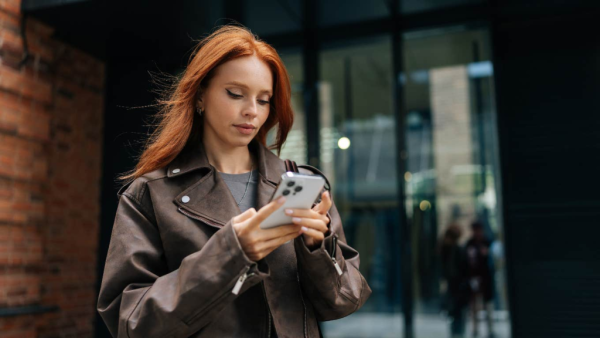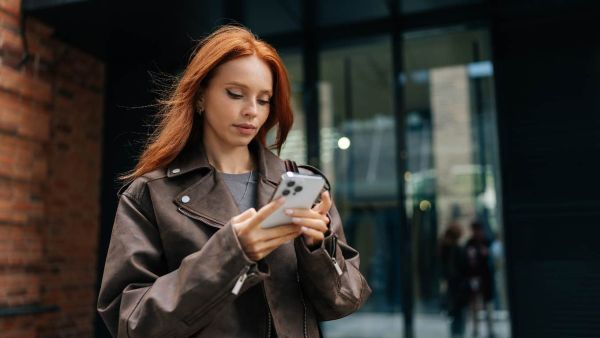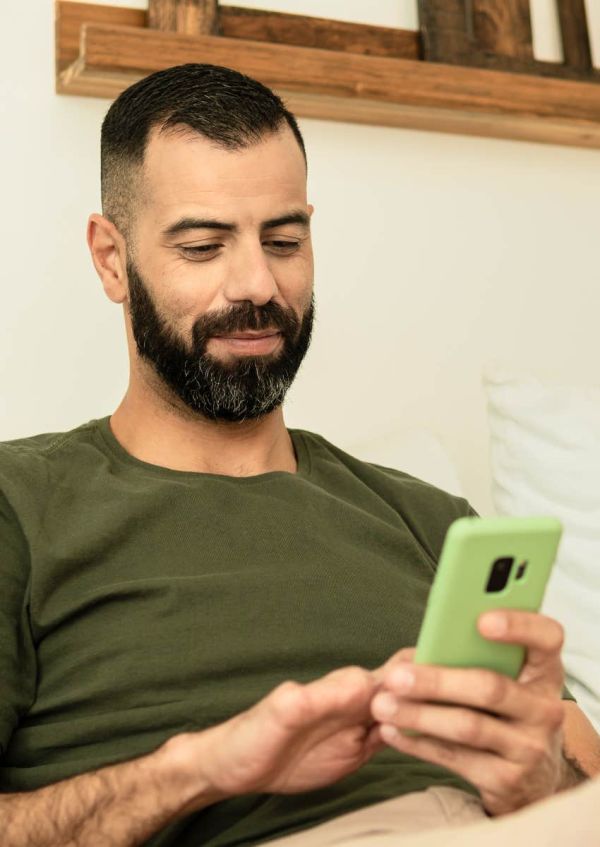

iPhone and Android users have been divided since the dawn of time (or at least the dawn of phones), and it’s become pretty common that iPhone users look down on Android users. iPhone users appreciate the simplicity and easy integration with other Apple products, and Android users prefer the customization options and accessibility.
Though Apple and Samsung have both taken big steps to improve user experience when interacting between iPhones and Androids, there is still a long way to go to make them seamlessly compatible. Secure Data Recoverya phone data recovery service, conducted a survey of American consumers to determine what differences frustrate Americans the most between iOS and Android phones that make iPhone users look down on Android users:
maxbelchenko | Shutterstock
As the number one answer for what frustrates users the most, Americans can’t stand the poor quality of videos and photos shared between iPhones and Androids, with almost 59% of respondents mentioning this issue. This could be caused by a few reasons, like different messaging protocols between operating systems, resolution differences, network limitations, or incompatible file formats. It’s unclear whether the problem will be addressed in the future, but there are some ways to work around it.
: The iPhone Tactic Sneaky People Use When They Want To Build A False Sense Of Security With You
When phones with different operating systems are included in one group chat, users often run into problems where the messages will deliver individually, or sometimes create a whole separate chat when someone responds.
About 48% of respondents are irritated by this, and nearly a third of people reported avoiding starting a group chat with someone with a different operating system because of their frustration with this issue.
Everyone uses emojis. It’s estimated that at least “95% of internet users have used an emoji at some point.” You’d think with all those users, the two companies could agree on universal imaging, but that’s not the case.
Apple’s emojis are known for being minimalist and sleek, while Samsung’s can be considered more fun and bold. Both are aiming to become more inclusive and diverse, but the differences between them in style and available choices bother 39.13% of Americans, according to the survey.
: Boomer Boss Reprimands Worker For Using Celebratory Emojis In Chats Because ‘The Company Is Charged Extra’ For Them
 Vergani Photography | Shutterstock
Vergani Photography | Shutterstock
A big disparity noted by users of iPhone and Android is the green and blue text bubbles. Brian Chenpersonal tech columnist at The New York Times, shared in an interview with Marketplace that, “When iPhone users text other iPhone users, their messages appear as a blue bubble. When iPhone users text Android users, the messages appear green. And from there, everything gets worse.”
A whopping 38.62% of Americans report feeling annoyed by this difference, and Chen believes it causes a divide, especially in kids and young adults. He stated, “They don’t want the Androids to ruin their blue bubble. So they leave them out of the conversation.”
Read receipts, or a notification under the text message that shares the time the user read the message, can only work between two iPhone users using iMessage who have the feature enabled. It won’t work with texts to or from an Android user, and the survey shows that this is a problem for 34.79% of Americans.
Phone users appear to prefer real-time updates on what recipients of their messages are doing, as evidenced by the fact that survey respondents also disliked the lack of typing indicators in Android’s operating system (32.55%).
: 3 Ways Millennials End Text Messages That Immediately Give Away Their Age
Kayla Asbach is a writer currently working on her bachelor’s degree at the University of Central Florida. She covers relationships, psychology, self-help, pop culture, and human interest topics.